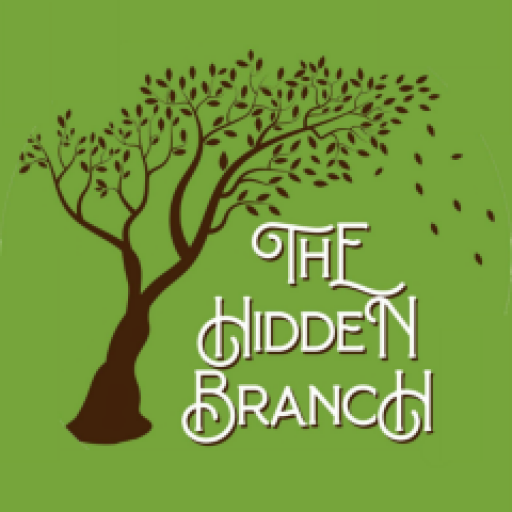Happy Caribbean American Heritage Month! In honor of this month, I will be sharing the stories of my Grandfather Rodney and family friend Cynthia.
Caribbean American Heritage Month was established in the United States in 2006 after the passage of a bill by the House of Representatives in 2005 and a presidential proclamation was signed by President George W. Bush on June 5, 2006 and every president since has signed a proclamation for Caribbean American Heritage Month every June. [link for 2021 proclamation]
My great grandparents were very young when they immigrated to the U.S. from Jamaica and St. Kitts. They both eventually made their way to Boston. They got married in 1934 and had my grandfather that following year. My grandfather grew up in an apartment building with many other black families, some from the Caribbean, then referred to as the British West Indies. There was one family that lived in the apartment complex from Barbados,the Moore’s, that had an inseparable bond with my grandfather’s family. My grandfather befriended one of their daughters, Cynthia, or as I call her, Aunt Cynnie.
Aunt Cynnie’s parents came to America from Barbados as children in 1911 and 1921.
Pops and Aunt Cynnie have been friends for over 70 years. From trick or treating on Prentiss St. to their kids playing together in Franklin Park. She’s one of my grandfather’s oldest friends. She is amazing, confident and exuberant. She could tell stories for days. She is an active member in her church and her community of Roxbury where she has lived all of her life.
I asked my grandfather and aunt to answer some questions about their life and perspective as a 1st generation child of immigrants. Interestingly enough, they both said they don’t consider themselves Caribbean American. Both of their parents were young when they came to America so their parents were Americanized before they were.
According to Pops, he does not consider himself Caribbean American mainly due to the treatment he received growing up as a Black man in Boston in the 40’s and 50’s. When asked about facing any hardships he recounted a time from when he joined the Navy saying, “For years had to sit at the back of the bus, sit in the colored section of the bus station also the train station. Order food from the back door of diners.”
To him, growing up around other Caribbean American children “was no big deal”. For my grandfather, society made the choice for him. The weight of racism from the world outweighed the micro label of an ethnicity/nationality. During the 40’s and 50’s, society was not as into hyper labels around ethnicity as we are today.
Aunt Cynnie echoed a similar sentiment. She said, “Any hardships that I have faced have been solely because I am a Black American”. From either discrimination in the work place to the discouragement from educators about pursuing college courses.
They both cited having similar experiences when visiting their parent’s home country. They were both very excited to go back and to learn and for my grandfather, be able to meet family and to be at the place where it all began. Unlike Pops, no one from Aunt Cynnie’s family stayed in Barbados. She says that the greatest lessons she learned from her parents were “love of God, self, family, respect and pride.”
There are many hardships that people face after immigrating to America. However, something that can bring people together and give them a taste of home is continuing to cook traditional foods and listen to traditional music. My grandfather cited his favorite Caribbean dish as rice and peas. Aunt Cynnie enjoys codfish and cou-cou, a coconut bread.
As a 3rd generation Caribbean American, I feel slightly disconnected from my heritage. The main ways I connect is through food, music, and stories. Some of my favorite Caribbean foods are beef patties and jerk chicken. I remember when I was little while visiting my grandfather one summer, I went with my mom, grandfather, and some cousins to go to a Caribbean heritage parade in Boston. It was so cool to see different people dressed up in different traditional garb from different countries. I really want to go to Jamaica one day and visit Nana’s parish. I enjoy hearing the stories my relatives share about my ancestors. It is one of my favorite ways to connect with those that I didn’t get a chance to meet. Learning their stories and making sure their memory lives on.
Happy Caribbean American Heritage Month! If you have relatives that are Caribbean American, ask them what being Caribbean American means to them.
To learn more about preparing to visit ancestral lands, check out next week’s Tuesday Tips!
